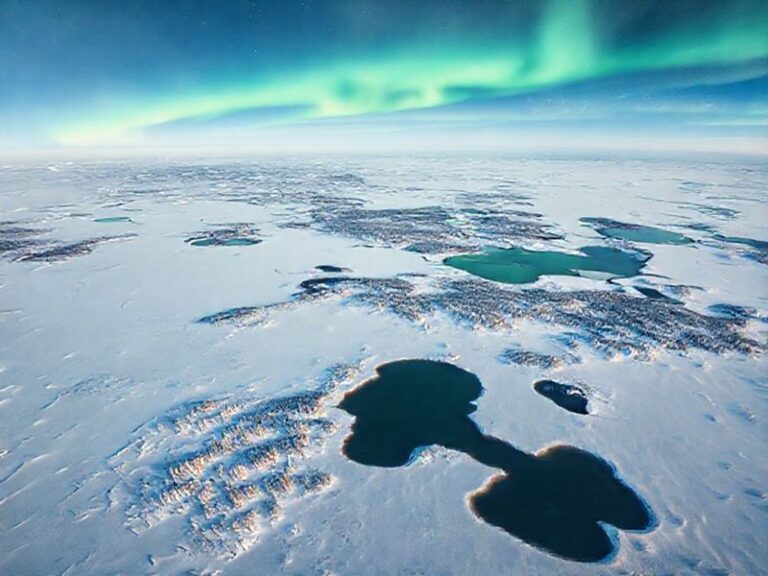UK Weather Goes Global: Why the World Is Taking Notes on Britain’s Four-Season Freak Show
The United Kingdom’s weather has always been the island nation’s most reliable export after sarcasm and colonial guilt, but this spring it has gone full performance artist. While Delhi broils at 48 °C and the Rhine hiccups through another drought, the UK has opted for a subtler form of climate nihilism: four seasons in a single afternoon, delivered with the pacing of a prestige-TV plot twist. Meteorologists call it “a wavy jet stream”; the rest of the planet calls it “British diplomacy”—never committing to anything long enough to be held accountable.
Internationally, the spectacle is being watched with the kind of horrified fascination usually reserved for slow-motion train derailments or American primary debates. Chinese state media has begun live-streaming London drizzle under the chyron “Advanced Western Collapse, Episode 7.” In Senegal, where the rainy season now arrives like a drunk ex, farmers gather around short-wave radios to giggle at BBC forecasts that promise “sunny spells” while their own skies open with apocalyptic certainty. The takeaway is clear: if the country that invented the Industrial Revolution can’t decide whether to issue a hosepipe ban or a flood warning, the rest of us are, in technical parlance, stuffed.
Climate scientists, a profession that increasingly resembles grief counselors at an end-of-the-world orgy, point out that the UK’s soggy melodrama is merely the temperate preview of coming attractions. When a midsummer “heat dome” parked over Manchester briefly out-torched Athens, Greek newspapers ran headlines asking if Britain was “stealing our brand.” Meanwhile, insurers in Bermuda—those cheerful pirates of global finance—have quietly tripled premiums on anything within postcode distance of the Thames. Somewhere in Davos, a catastrophe-risk analyst sips a €34 gin-and-tonic and calculates that England’s back-garden trampolines are now a bigger systemic threat than Italian government bonds.
The diplomatic fallout is equally surreal. During last month’s G7 energy summit, the UK delegation arrived in Hiroshima armed with a PowerPoint titled “Storm Resilience as Soft Power.” The Japanese hosts, still sweeping up from their own typhoon season, nodded politely while the French muttered about “perfide climat” and the Canadians offered to send Vancouver’s nine months of rain as foreign aid. When the slide deck crashed—because of course it did—the room silently agreed that climate adaptation is just colonialism with better graphics.
Back home, the political response has been characteristically Shakespearean: much sound and fury, signifying a new colour-coded warning system nobody can read without an app that itself crashes in direct sunlight. The Labour Party proposes a “Green Prosperity Plan” funded by imaginary growth; the Conservatives counter with a “Great British Weather Sovereignty Bill” that makes it illegal for clouds to immigrate without visas. The Lib Dems suggest simply moving the entire population to Spain, which Madrid rejects on the grounds that Brexit already exported enough octogenarians.
All of this might be grimly comic were it not for the global supply-chain ricochets. When Lincolnshire’s pea fields flooded for the third consecutive spring, Indian frozen-vegetable exporters toasted the extra rupees while British shoppers discovered mushy peas now cost more than caviar. Dutch greenhouse operators, those industrious tulip alchemists, have started printing “Grown Without British Rain” on every packet, a marketing coup on par with “gluten-free water.” And somewhere in the Pacific, a container ship reroutes to avoid the newly capricious North Atlantic jet stream, adding fourteen days to your Amazon delivery of ironic climate-change mugs.
Conclusion: The United Kingdom’s weather has become the planet’s most honest mirror—reflecting not just the chaos of a warming world but the farcical inadequacy of our response. While the tabloids scream about “snow in May” and commuters wade through ankle-deep puddles in July, the rest of humanity watches, popcorn in hand, and learns the true British art of muddling through. Spoiler alert: muddling won’t cut it when the Thames decides to renegotiate its banks. But at least the apocalypse will arrive politely, with queuing and a stiff upper lip.







